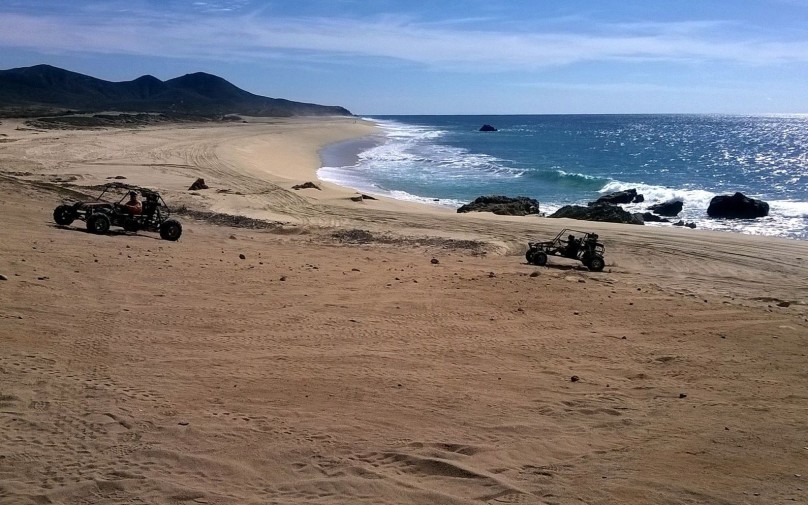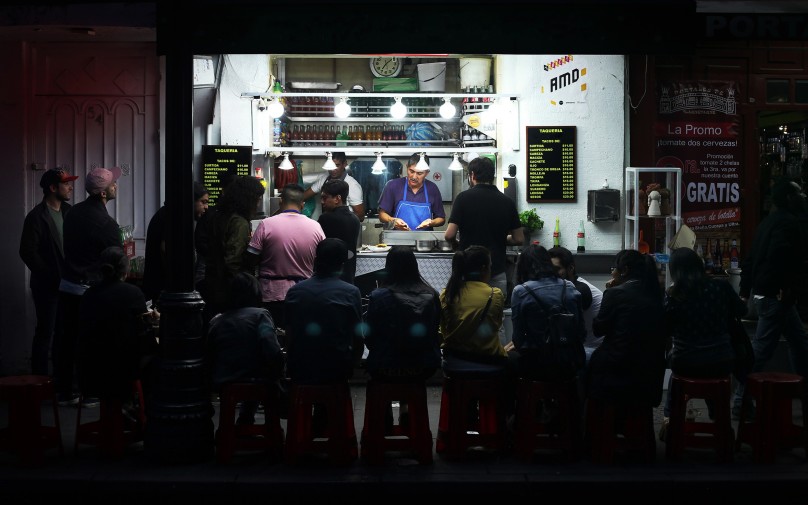
Mexico is a land of vibrant culture, rich history, and breathtaking landscapes that beckon travelers from around the globe. From the bustling streets of Mexico City to the serene beaches of the Riviera Maya, there’s something for everyone in this diverse country. Imagine starting your journey in the heart of Mexico City, where you can dive into the local culinary scene with a Street Food Tour, savoring the flavors of authentic Mexican cuisine. For those who love a bit of adrenaline, the Extreme Bicycle Ride offers an exhilarating way to explore the city’s hidden gems. Art enthusiasts will be captivated by the Graffiti Bike Tour, showcasing the vibrant street art that adorns the city’s walls. History buffs can step back in time with a visit to the ancient ruins of Tulum, where the Ruins, Turtles & Cenotes tour provides a unique blend of history and natural beauty. For a truly unforgettable experience, head to Los Cabos and embark on a Catamaran Fiesta, sailing through the crystal-clear waters of the Riviera Maya. Nature lovers will be enchanted by the Dune Buggy Safari, an adventure that takes you through the stunning desert landscapes and along the pristine coastline. And no trip to Mexico would be complete without experiencing the vibrant nightlife, with a Lucha Libre Show offering a taste of the country’s unique entertainment. Whether you’re seeking adventure, relaxation, or a deep dive into the local culture, Mexico promises an unforgettable journey filled with endless discoveries.
Mexico is a land of vibrant culture, rich history, and breathtaking landscapes that beckon travelers from around the globe. From the bustling streets of Mexico City to the serene beaches of the Riviera Maya, there’s something for everyone in this diverse country. Imagine starting your journey in the heart of Mexico City, where you can dive into the local culinary scene with a Street Food Tour, savoring the flavors of authentic Mexican cuisine. For those who love a bit of adrenaline, the Extreme Bicycle Ride offers an exhilarating way to explore the city’s hidden gems. Art enthusiasts will be captivated by the Graffiti Bike Tour, showcasing the vibrant street art that adorns the city’s walls. History buffs can step back in time with a visit to the ancient ruins of Tulum, where the Ruins, Turtles & Cenotes tour provides a unique blend of history and natural beauty. For a truly unforgettable experience, head to Los Cabos and embark on a Catamaran Fiesta, sailing through the crystal-clear waters of the Riviera Maya. Nature lovers will be enchanted by the Dune Buggy Safari, an adventure that takes you through the stunning desert landscapes and along the pristine coastline. And no trip to Mexico would be complete without experiencing the vibrant nightlife, with a Lucha Libre Show offering a taste of the country’s unique entertainment. Whether you’re seeking adventure, relaxation, or a deep dive into the local culture, Mexico promises an unforgettable journey filled with endless discoveries.




















